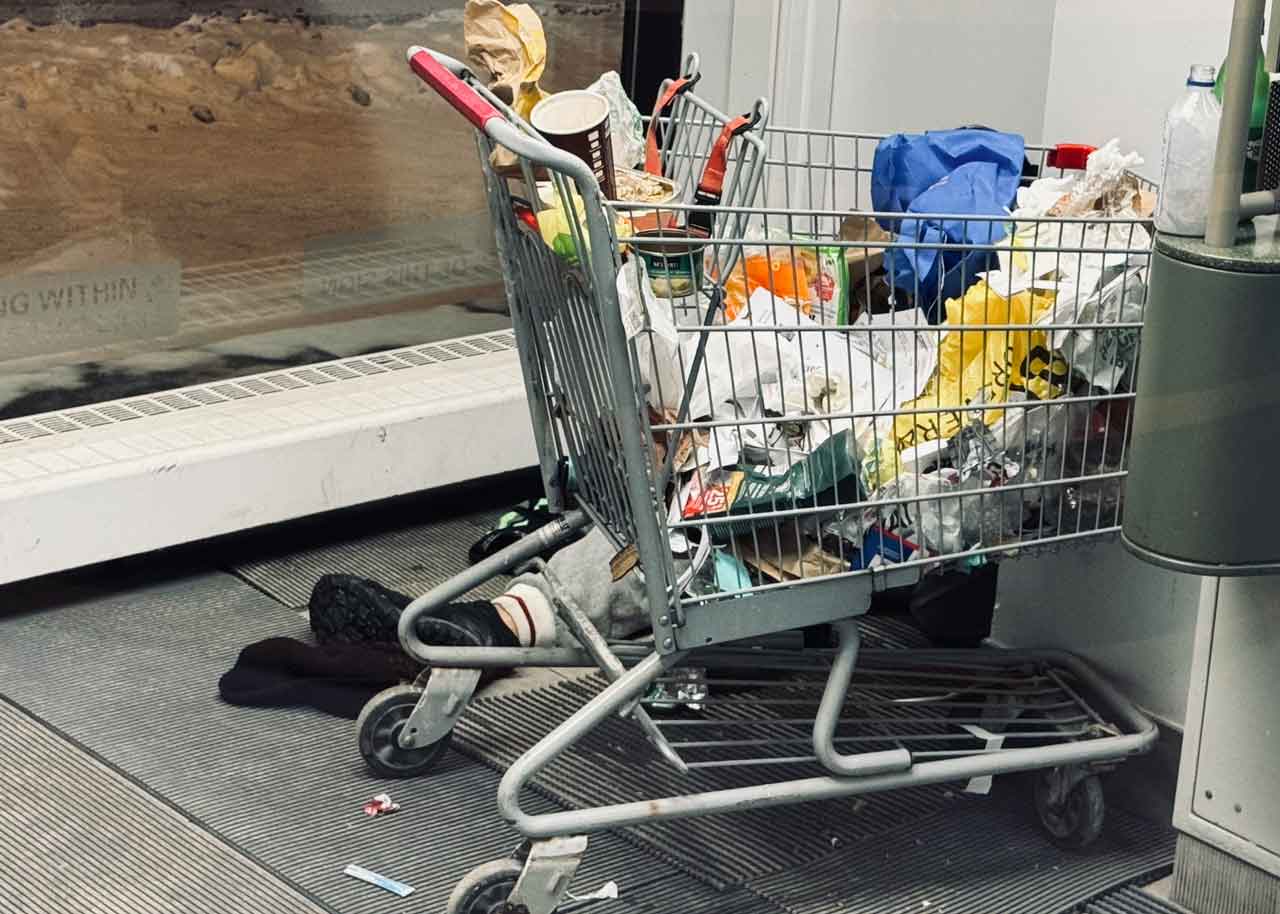THUNDER BAY – LIVING – Addiction is a topic that sadly we witness the impact in our daily lives even if there isn’t an addict in the family. From the street people we see struggling and often panhandling, to the homeless encampments across the city that are springing up.
When it is a member of the family who has what you see as a death grip on the bottle, syringe as addiction slowly removes them more and more from who they really are, it is difficult not to get angry.
When addiction entangles a loved one, its ripple effects can deeply impact every member of the family. The struggle of dealing with an addicted family member often brings a profound sense of loss, frustration, and heartache.
Thunder Bay is not alone here, there are issues with addiction right across Canada.
It’s crucial to approach this sensitive situation with empathy, understanding, and effective strategies to protect your own mental well-being and foster a constructive environment.
The signs of the problem are all around us. For over ten years, whether officials have wanted to admit it, there have been homeless people in our city. Living what is often a bleak life, it is little wonder that many of the homeless are finding needles or bottles as a respite from the depression.
It really makes one question the effectiveness of Thunder Bay’s Drug Strategy, I digress.
Understanding the Nature of Addiction
First and foremost, it’s important to recognize that addiction is a complex disease. According to medical professionals, addiction alters brain chemistry and function, making it incredibly challenging for those afflicted to quit on their own.
Understanding that addiction is a disease can help you approach your loved one with the empathy and compassion they need.
Maintaining Your Mental Health
- Set Healthy Boundaries: Establishing clear boundaries is crucial. Decide what behaviours you will accept and what you won’t tolerate. This might include refusing to lend money if it’s used for substances, or not allowing the addicted family member in your home while under the influence. Boundaries aren’t about punishment; they’re about protecting your well-being.
- Seek Professional Help: Engaging with therapists or Elders for yourself can provide a valuable outlet to express your feelings and gain professional guidance. They can offer strategies tailored to your situation, helping you handle the emotional turmoil that comes with these challenges.
- Join Support Groups: Groups like Al-Anon or Nar-Anon offer support for the families of addicts. These groups allow you to meet others in similar situations, share experiences, and learn how to cope more effectively.
- Educate Yourself: The more you know about addiction, the better equipped you’ll be to handle its impact. Look for resources from reputable health organizations that can provide insights and guidance.
Handling Anger and Resentment
- Practice Mindfulness and Relaxation Techniques: Activities such as meditation, yoga, or simple breathing exercises can reduce stress and enhance your ability to manage anger.
- Communicate Effectively: When you speak with your loved one about their addiction, focus on using ‘I’ statements like, “I feel worried when you…” This can prevent conversations from becoming confrontational.
- Let Go of Control: Accept that you cannot control your loved one’s addiction. You can support them, but ultimately, the choice to seek help and recover is theirs.
- Take Time for Yourself: Ensure that you take time to engage in activities you enjoy. This can include hobbies, spending time with friends who understand your situation, or simply taking moments for yourself to read, walk, or engage in a peaceful activity.
Encouraging Treatment and Recovery
- Discuss Treatment Options: Encourage your loved one to seek professional help. Offer to help them find a treatment facility or accompany them to a doctor’s appointment or support group meeting.
- Express Love and Support: Let them know you care about them and their well-being. Assure them that you believe in their ability to recover, while emphasizing that their recovery journey is their own to undertake.
- Celebrate Small Victories: Acknowledge any positive steps they take towards recovery. This can help build their confidence and reinforce their motivation to continue.
Confronting addiction in a family member is a profound challenge, but with the right strategies, it’s possible to maintain your own mental health while supporting your loved one. Remember, seeking help is a sign of strength, both for the person battling addiction and for yourself.















